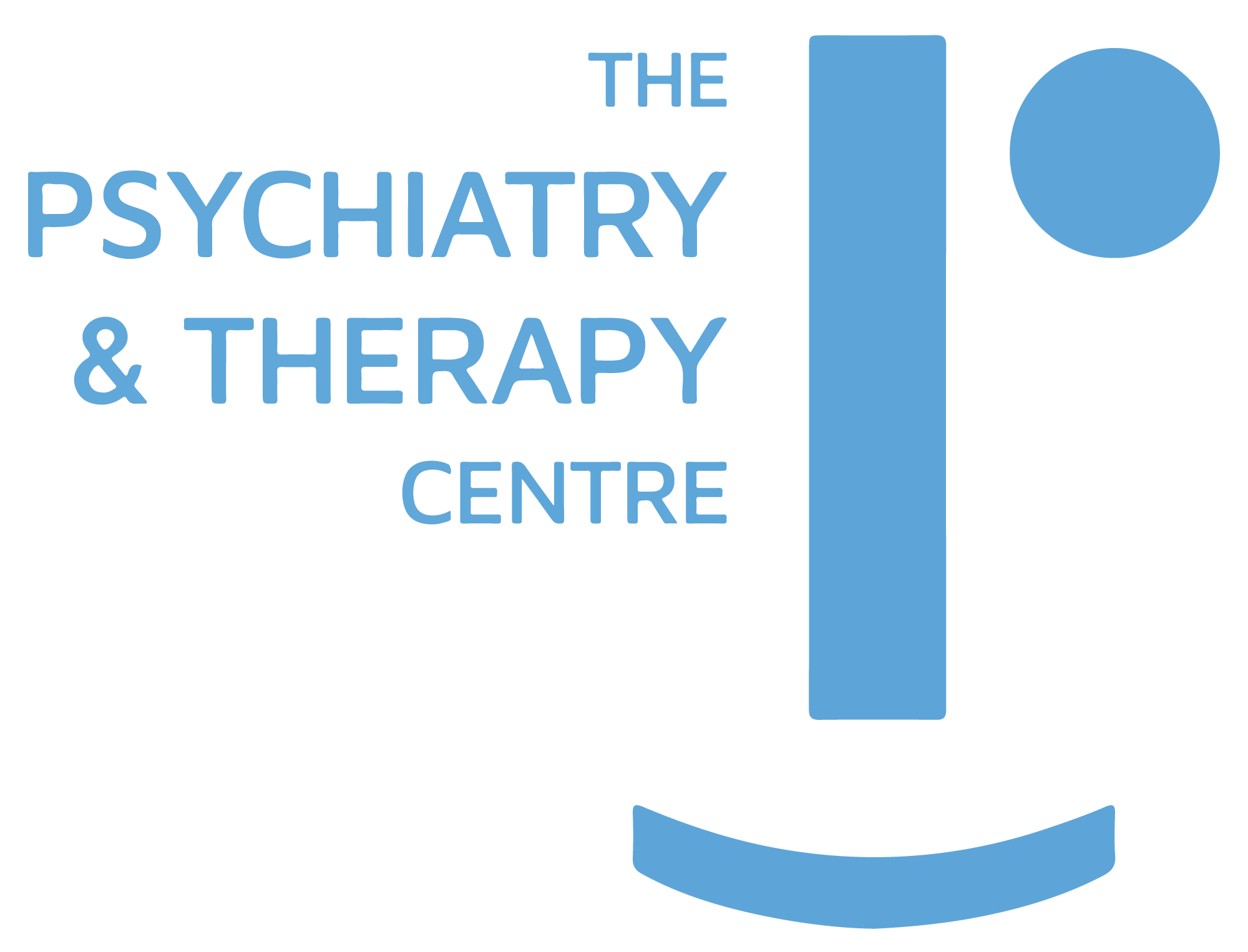Are You Neglecting Your Child’s Emotions?

We all love our children—or at least that’s what we believe. However, emotional neglect does not always involve abuse and violence. It could manifest when you’re insensitive to your child’s feelings. According to Research, one in five individuals grew up in a family environment where caregivers deprived them of love and attention without abuse.
Key Points:
- Parental emotional neglect involves unresponsive, unavailable, and limited emotional interactions between the caregiver and the child.
- Adults who were emotionally neglected as children are more likely to emotionally neglect their own children.
- Childhood emotional neglect does not have a test. Instead, a diagnosis can be made after symptoms are discovered and other issues are ruled out by a doctor.
What is Emotional Neglect?
Emotional neglect is a form of psychological and emotional abuse that happens when a parent fails to provide their child with the emotional support they need. It is an unintentional form of neglect and can be caused by a variety of factors, such as a parent’s own mental health issues, substance abuse, or even a lack of awareness of a child’s emotional needs. In extreme cases, emotional neglect can even lead to physical abuse.
Signs and Symptoms of Emotional Neglect
Children who are emotionally neglected can show a range of signs and symptoms, including:
- Difficulty regulating emotions such as anger, sadness, and anxiety
- Low self-esteem and lack of confidence\Withdrawal from friends and family
- Difficulty forming relationships
- Difficulty focusing or paying attention
- Disruptive behaviour
- Poor academic performance
How Does Childhood Neglect Affect Adults?
Neglected children who are now adults may one day understand the root of their problems. A therapist or other mental health professional can assist you in analysing your past experiences and how they may be contributing to your current difficulties. Adults who were emotionally neglected as children may not know how to handle their emotions because their emotional needs were not recognized as youngsters.
The most common effects of childhood neglect in adulthood include:
- post-traumatic stress disorder
- depression
- emotional unavailability
- increasing likelihood for an eating disorder
- shunning intimacy
- feeling deeply, personally flawed
- feeling empty
- poor self-discipline
- guilt and shame
- anger and aggressive behaviours
- difficulty trusting others or relying upon anyone else
Adults who were emotionally neglected as children are more likely to emotionally neglect their own children.
They may not know how to encourage their children’s emotional development since they have never been taught the value of their own feelings. People of all ages can recover from the immediate consequences of emotional neglect with the support of treatment and insight into their own experiences of neglect.
